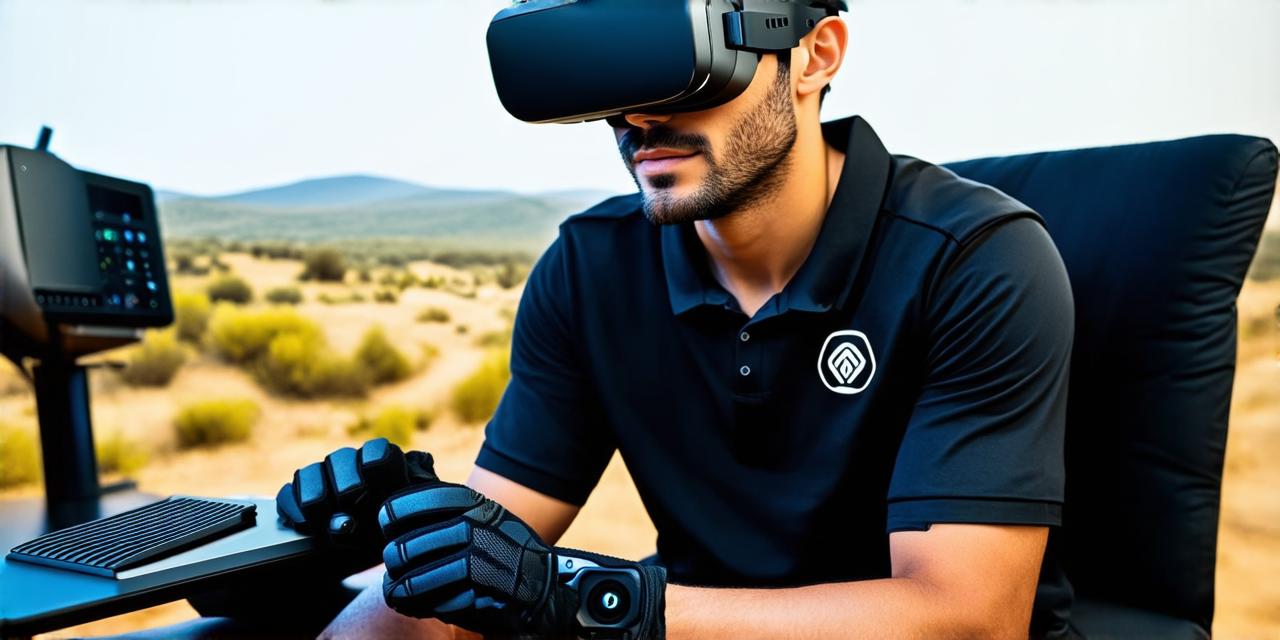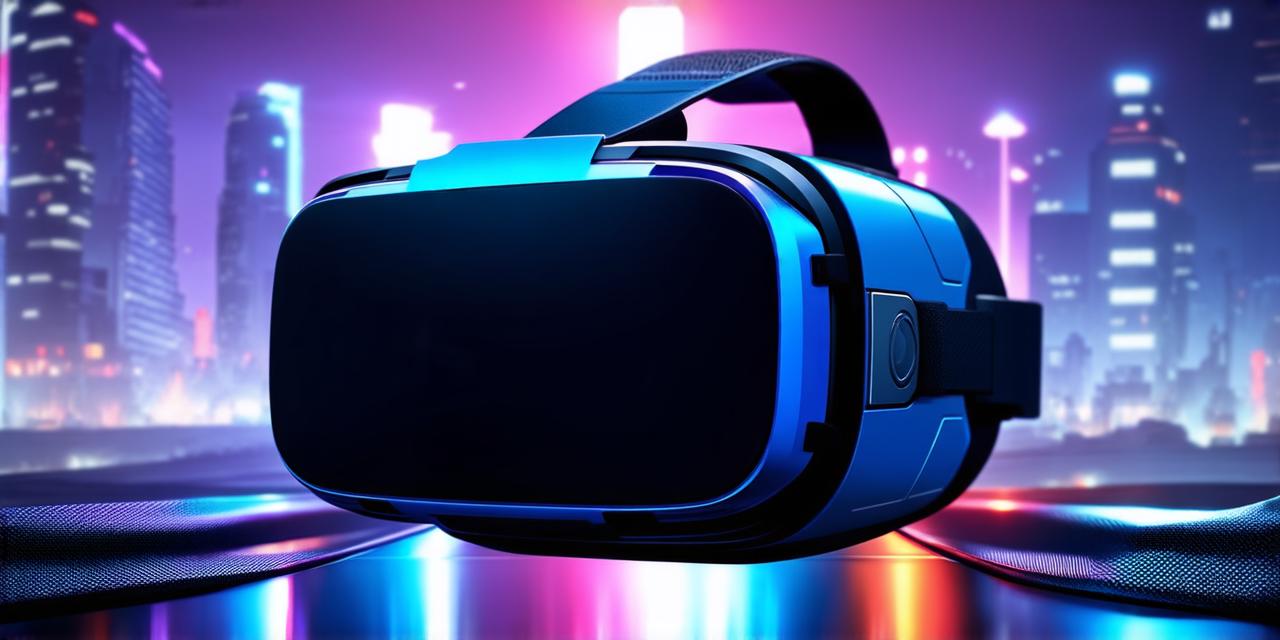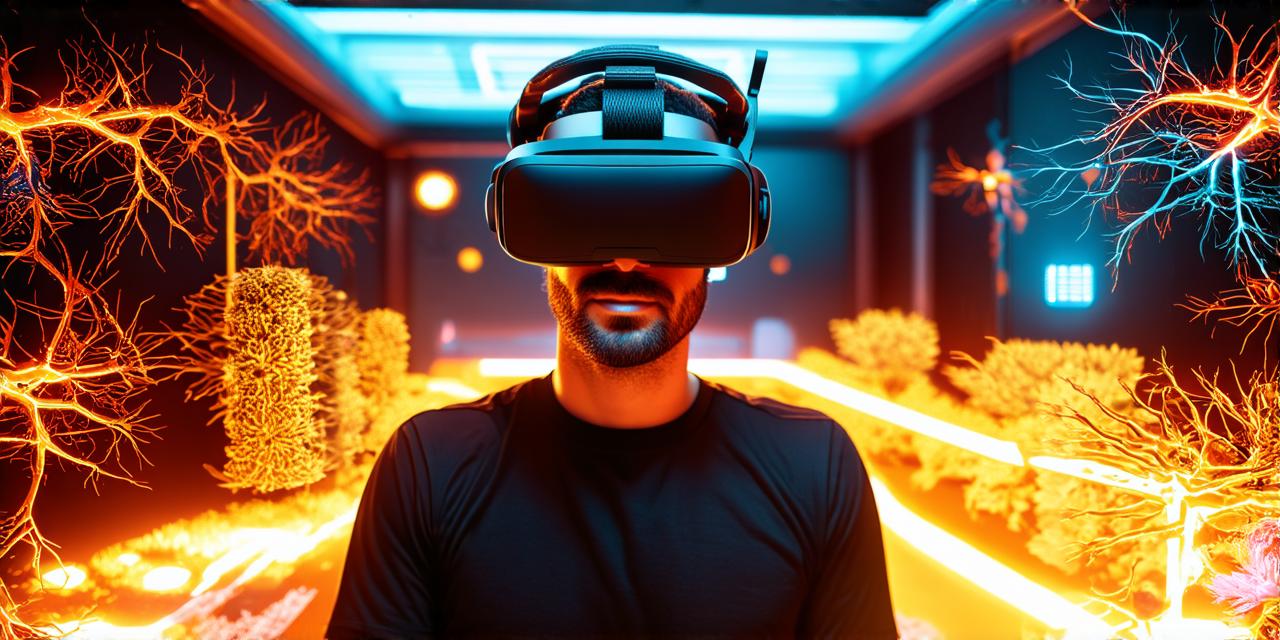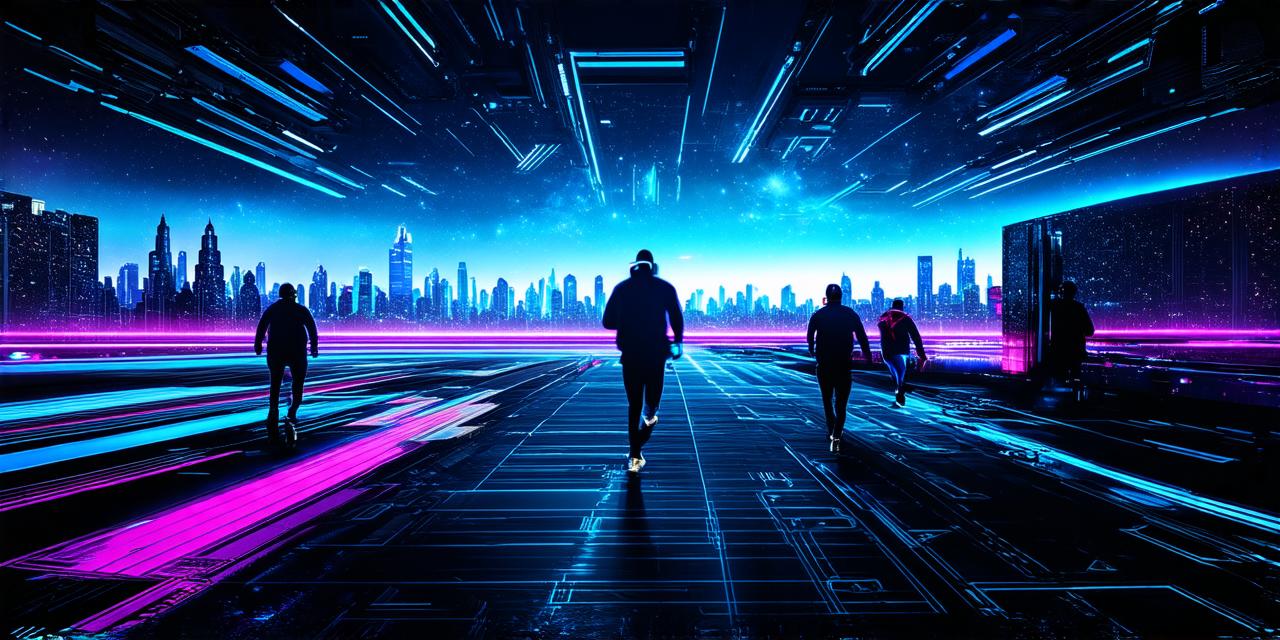Virtual reality (VR) is a technology that allows users to experience a simulated environment in a computer-generated world. VR devices, such as headsets, sensors, and controllers, create a 360-degree view of an artificial environment and track the movements of the user’s body and hands to make them feel like they are physically present in that space.
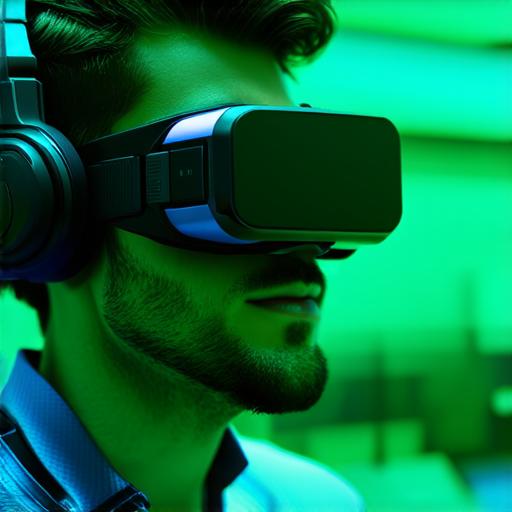
How does Virtual Reality work?
Virtual reality works by presenting the user with a stereoscopic display, which creates two slightly different perspectives for each eye. This simulates depth perception, allowing the brain to perceive a 3D environment. Additionally, sensors track the user’s movements and translate them into corresponding changes in the virtual world.
What are the applications of Virtual Reality?
Virtual reality has numerous applications across a variety of industries, including gaming, education, healthcare, training, and entertainment. In gaming, VR allows players to fully immerse themselves in a game and interact with their environment in a more realistic way. In education, VR can provide students with virtual field trips to historical or scientific sites without leaving the classroom. In healthcare, VR can be used for surgical simulations, pain management, and exposure therapy for mental health disorders. In training, VR allows for realistic simulations of hazardous work environments, such as construction or aviation, without risking the safety of real people.
What are the limitations of Virtual Reality?
Despite its many benefits, virtual reality has some limitations. One limitation is that it can be isolating, as users may spend long periods in a virtual world with limited interaction with other people. Additionally, VR can cause motion sickness and eye strain for some people, especially when the movements of the virtual environment are not perfectly synchronized with the user’s real-world movements. Finally, the technology required for VR is relatively expensive, which limits its availability to some users.
Conclusion
Virtual reality is a revolutionary technology that allows users to experience a simulated environment in a computer-generated world. While it has many applications and can provide a truly immersive experience, it also has some limitations that must be considered. Overall, virtual reality is an exciting and rapidly evolving field that holds great potential for the future.
